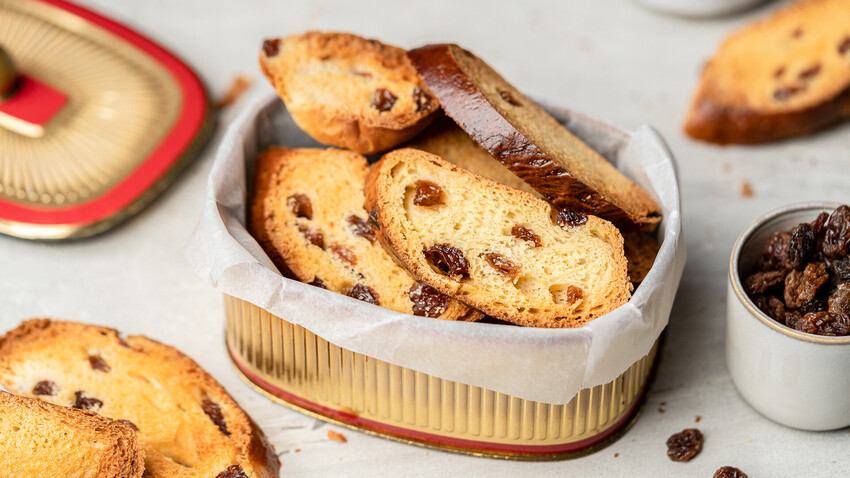
If you want to have something tasty for tea that lasts more than one day, then try making crunchy Russian ‘sukhary’.
Yulia MulinoThe most common sweet toast biscuits in Russia are made with vanilla and raisins. They are small crispy slices with a shiny crust. In Russian, we call them “sukhary”; but in England they are more likely known as “rusks” or “toast biscuits”. The Russian version, however, is slightly different and tends to be sweeter. The word sukhary derives from the Russian verb “sushit”, which means to dry.
Sukhary are traditionally served with tea; more likely to be dipped in sweet tea. In my opinion, this is the most delicious.
The first mention of official Soviet state standards for sukhary dates to 1951. But, in fact, they were already known before the Soviets came to power. Sweet sukhary were mentioned in Imperial era Russian literature.
One version about the origin of the vanilla-raisin sukhary claims that after the Easter cakes were baked, they dried up quickly. However, they could not be thrown away because they had already been blessed in the church. So they were served with tea in a dry form.
In fact, while I was kneading the dough, the kitchen was filled with muffin-like aromas reminiscent of Easter cake dough. And when I was ready to bake, I had no doubt that I had made something very similar to Easter bread.
The dough for sukhary is made with sourdough; and then an egg, butter and sugar are added. I added vanilla sugar and vanilla extract to enhance the flavor. Raisins are added before the loaves are formed.
The process is quite long, but it's not too difficult. The main thing is that you must first bake the bread; then you let it cool for a few hours, preferably overnight. At this moment, It was hard for me to resist the temptation to try the hot and sweet bread. I somehow managed to resist, and then I cut it into sukhary and dried them in the oven.
To be honest, the sukhary are not too sweet in this recipe. So if you have a sweet tooth, you might want to eat them with sweet tea.
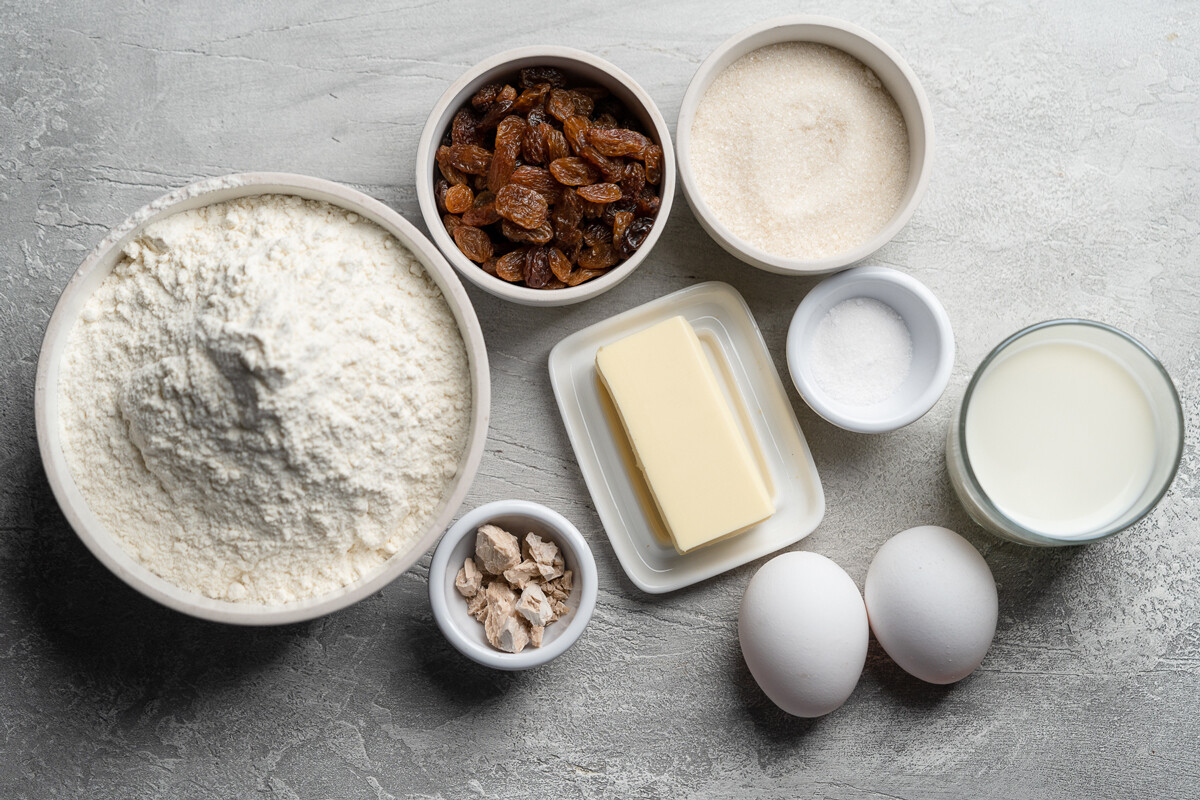
1. Dissolve yeast in warm milk. Add a spoonful of sugar and 150 g of flour. Cover and let sit in a warm place for 40 minutes.
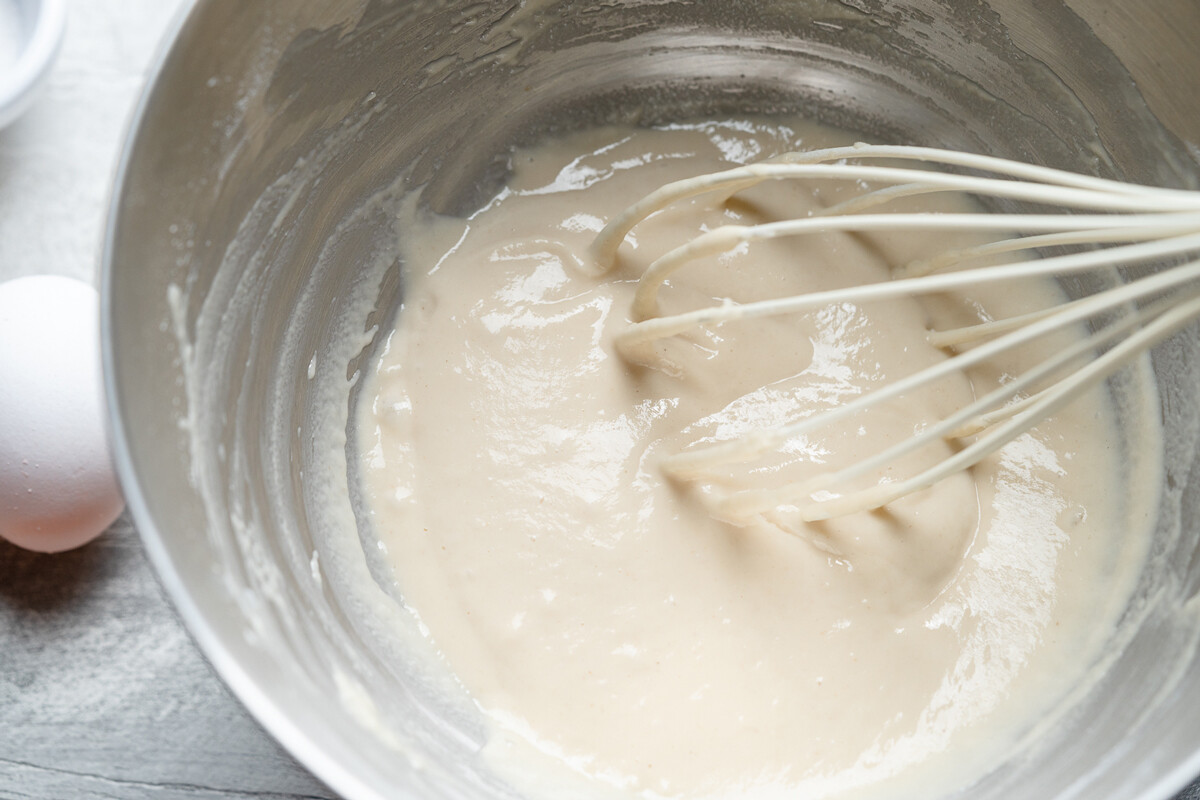
2. Rinse the raisins, pour hot water for 15 minutes, and dry on a paper towel.
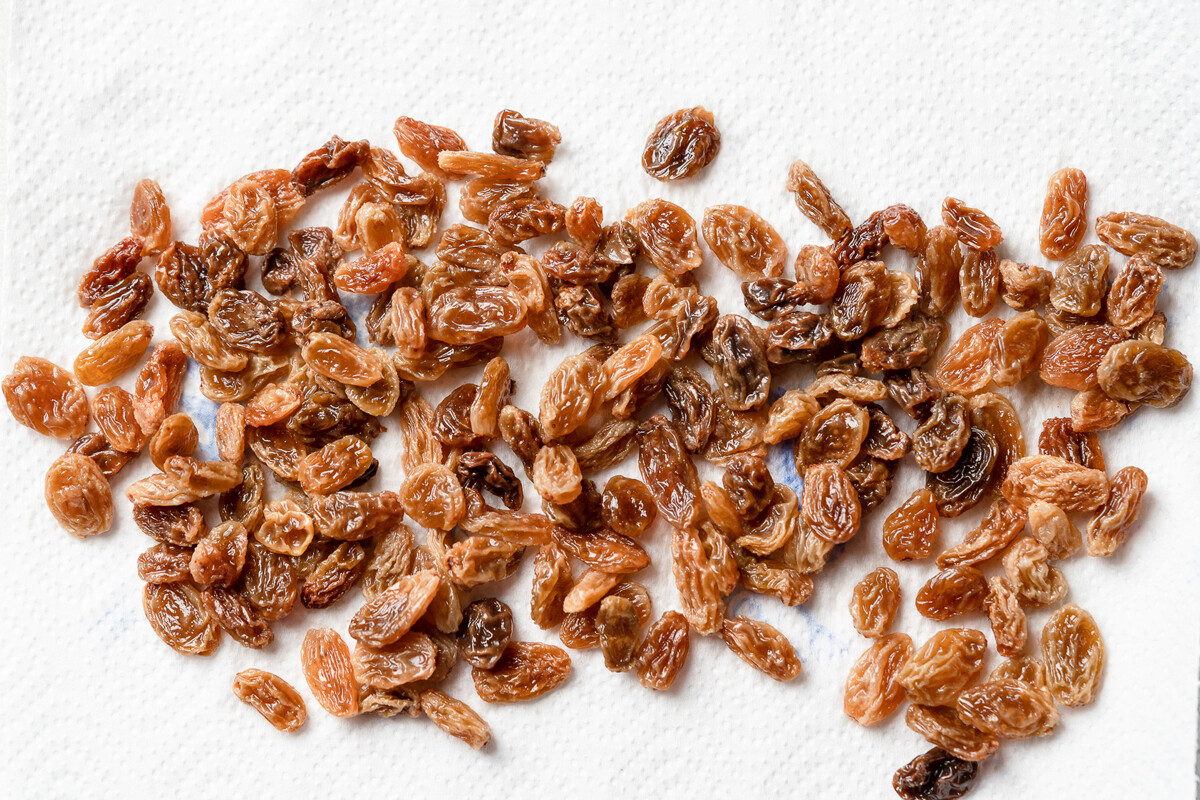
3. After 40 minutes.
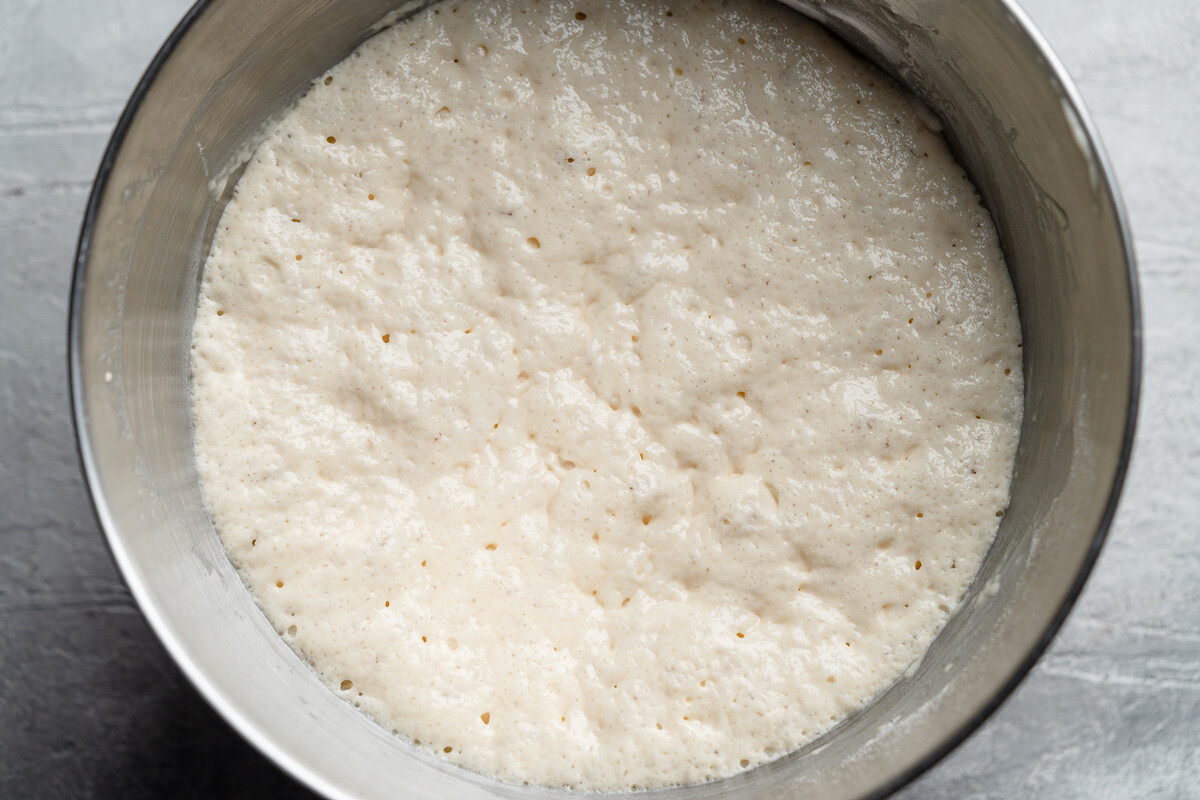
4. Melt the butter, cool, add the egg, sugar, and a pinch of salt; (it’s not in the official recipe, but I always add for balance).
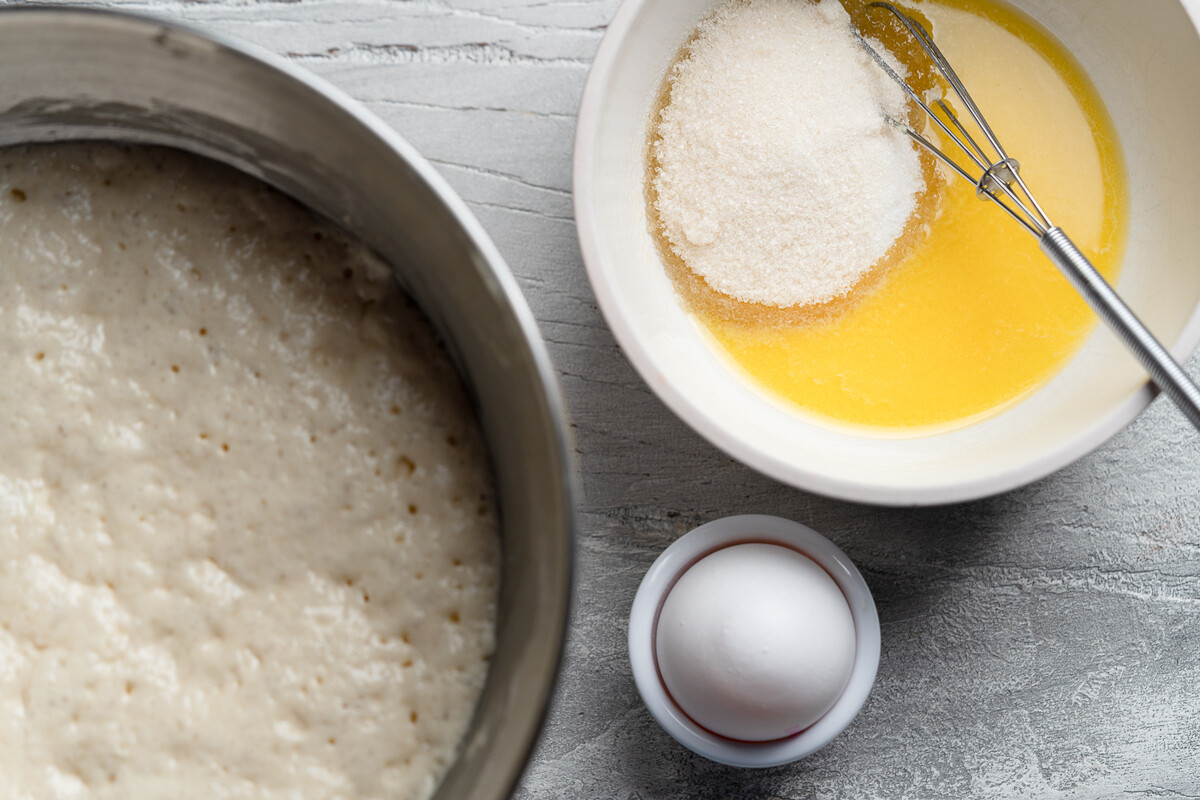
5. Add the egg mixture to the risen starter, and then the remaining flour. Knead in a mixer for about 10 minutes.
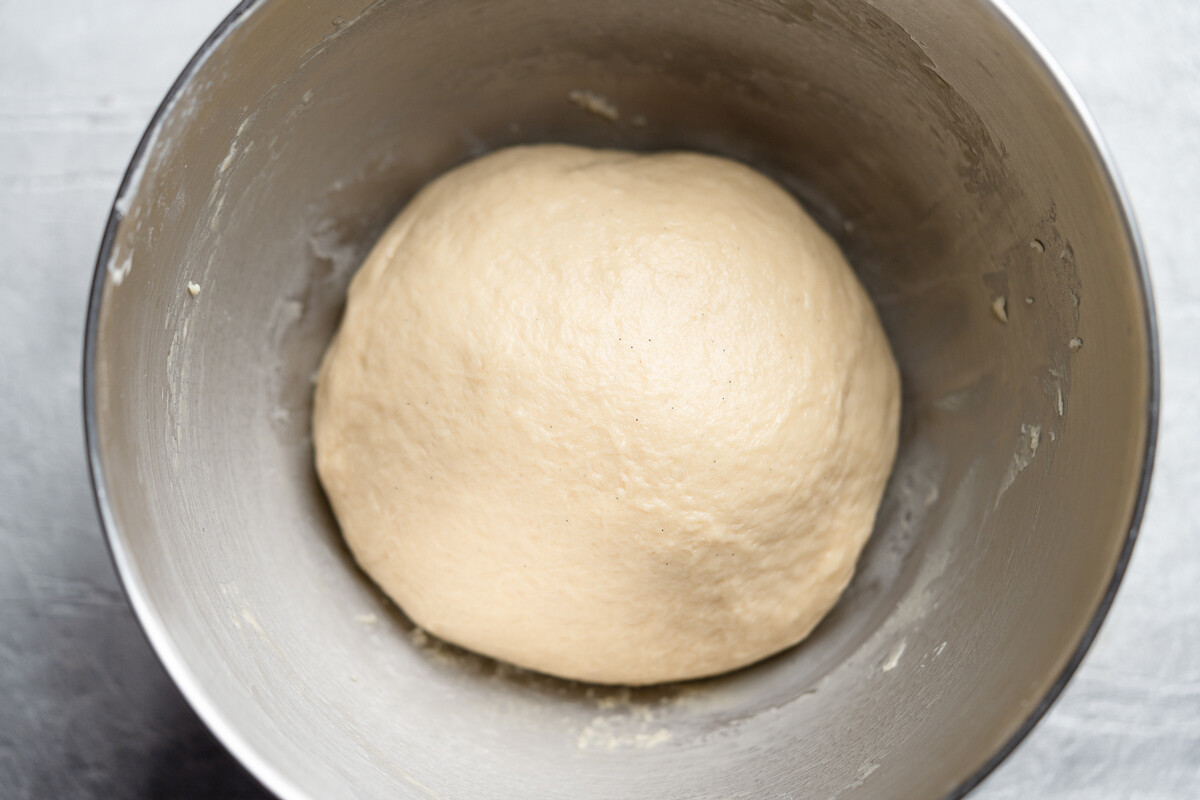
6. Cover and leave to rise for 60 minutes.
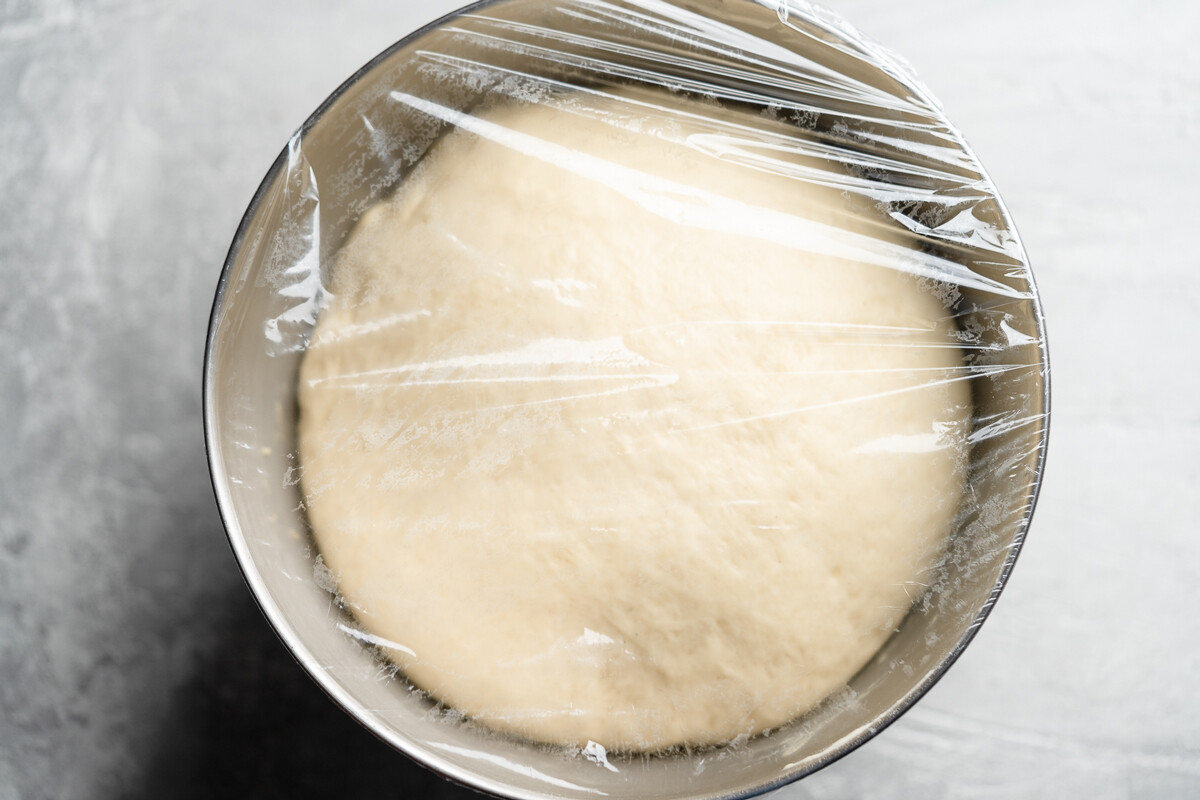
7. When the dough has risen, add the raisins.
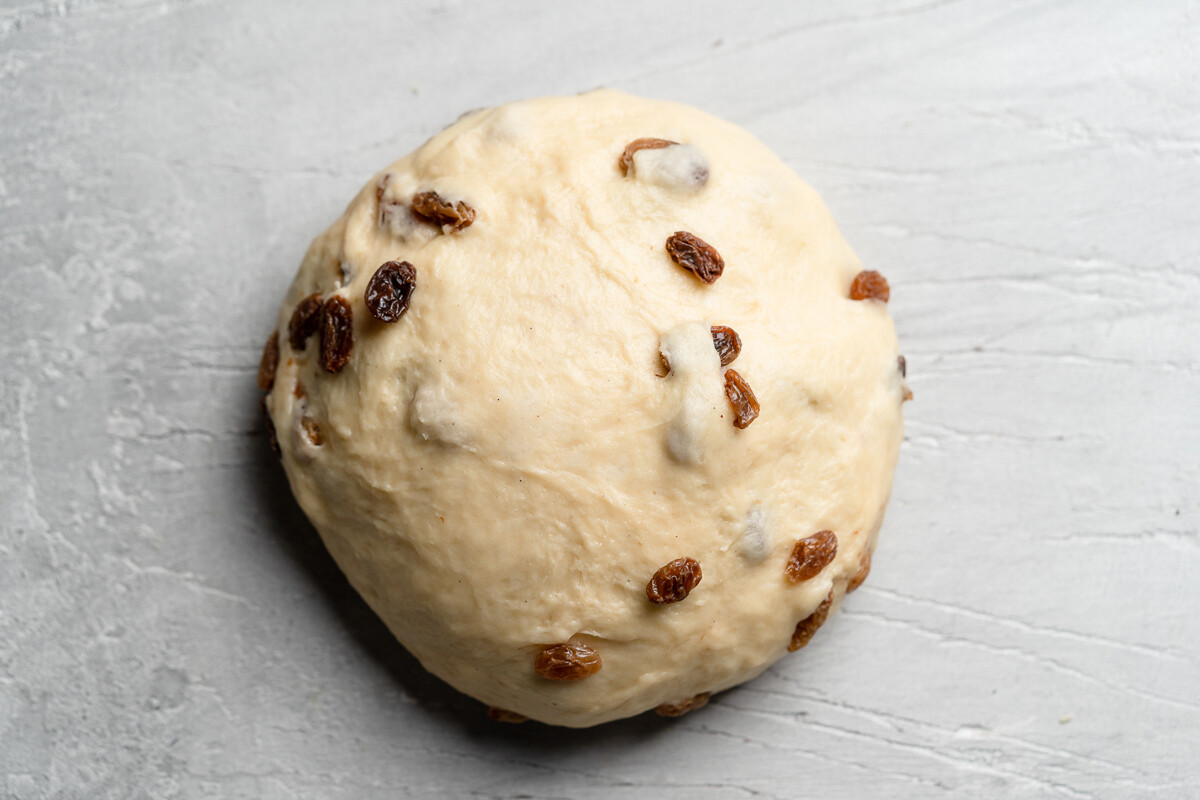
8. Divide into three equal parts.
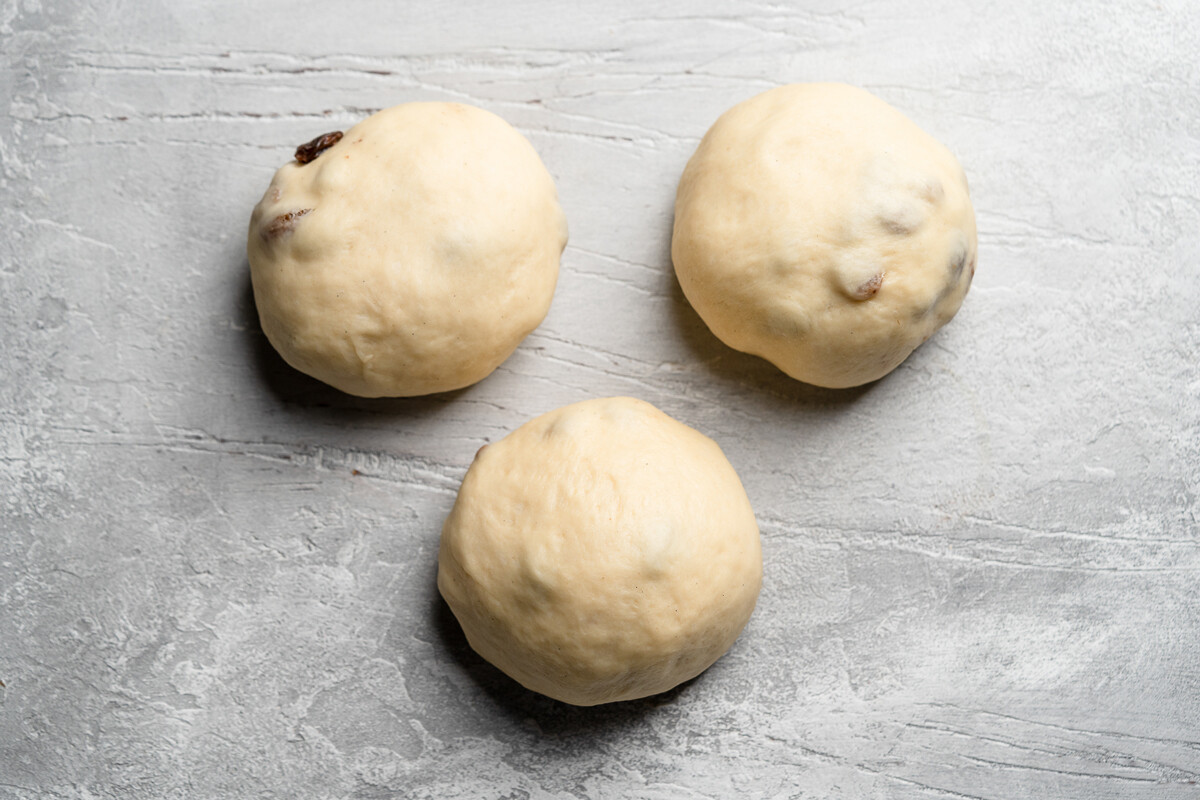
9. Flatten, fold edges toward the center, fold in half again. Tape the seam. Roll up a long loaf.
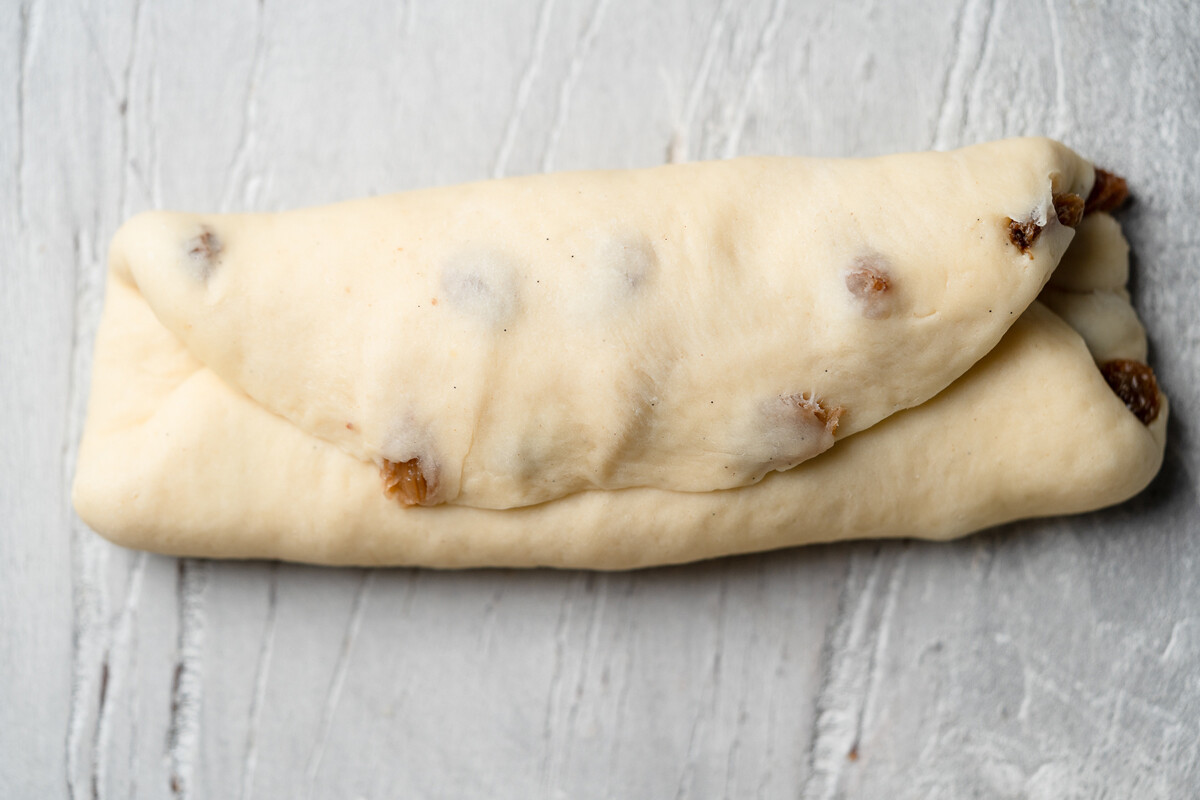
10. Place on a tray and leave to rise under a towel for 30 minutes.
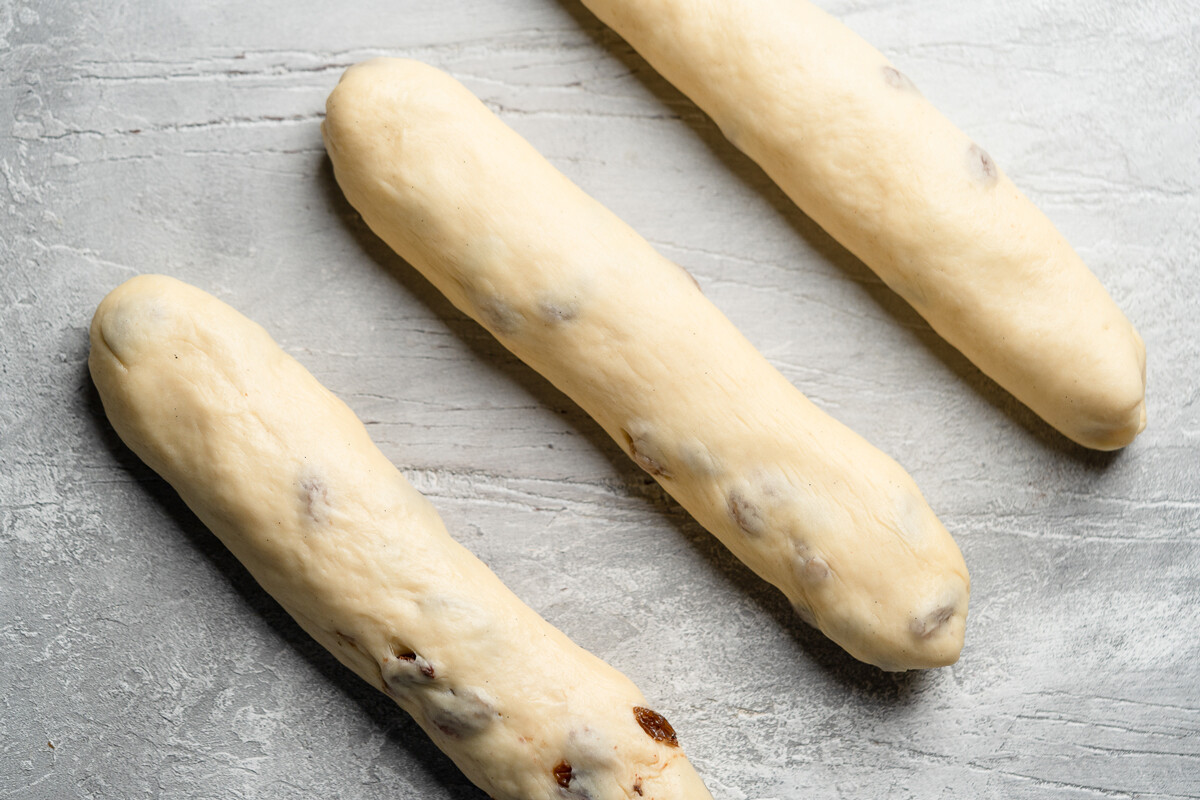
11. Brush the risen loaves with egg.
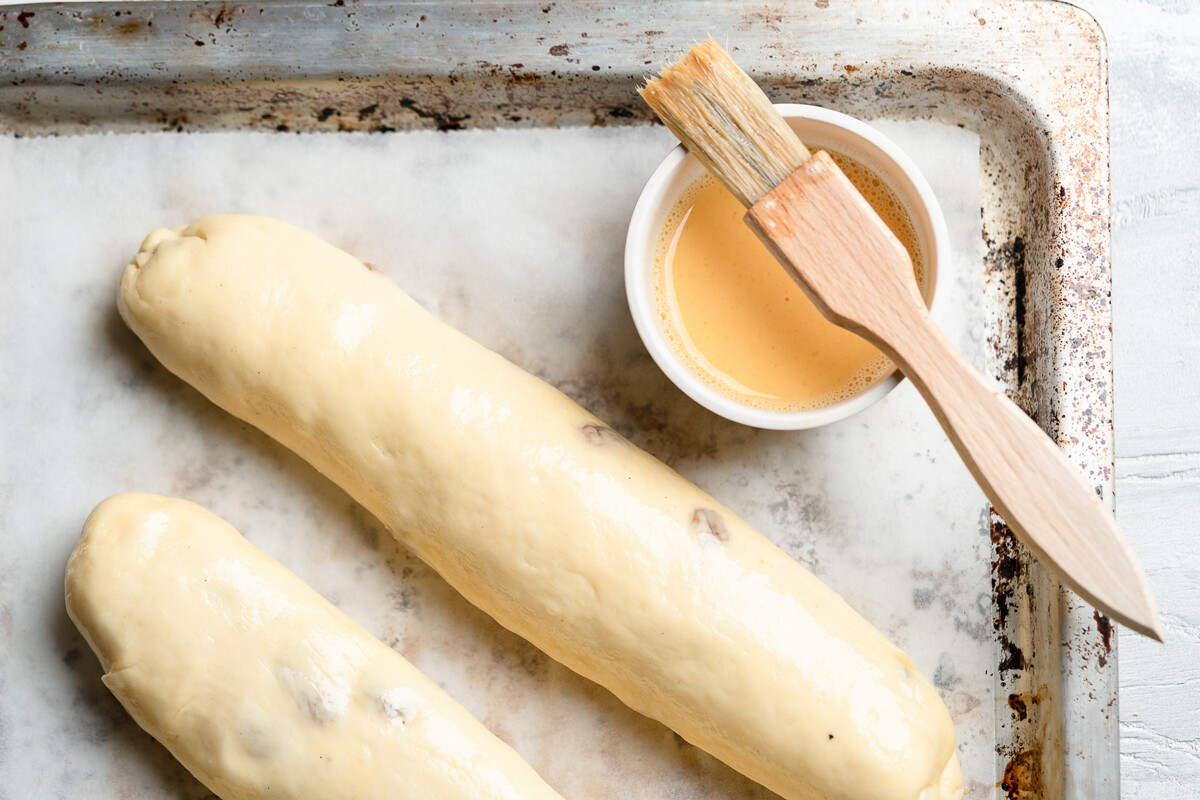
12. Place the bread in an oven preheated to 200℃ for 20-25 minutes. Cool on a rack.
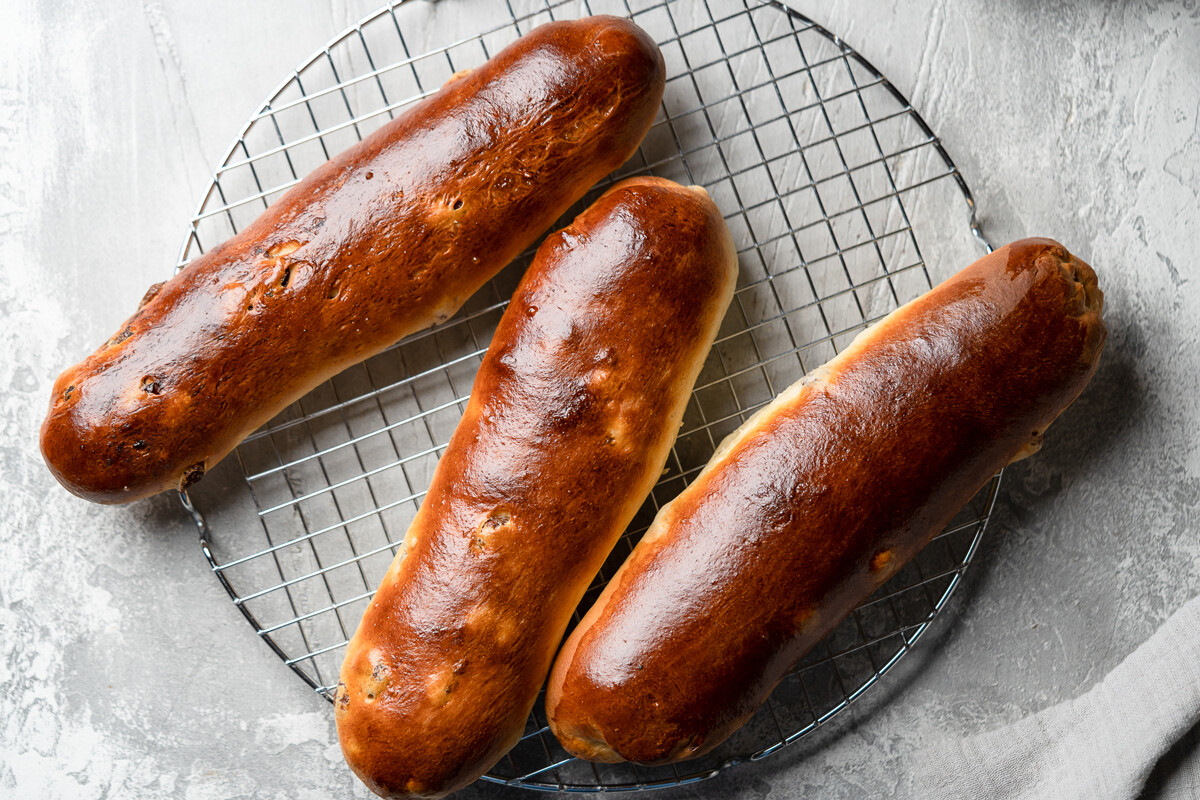
13. Leave for at least 4 hours, but better overnight. Slice the loafs.
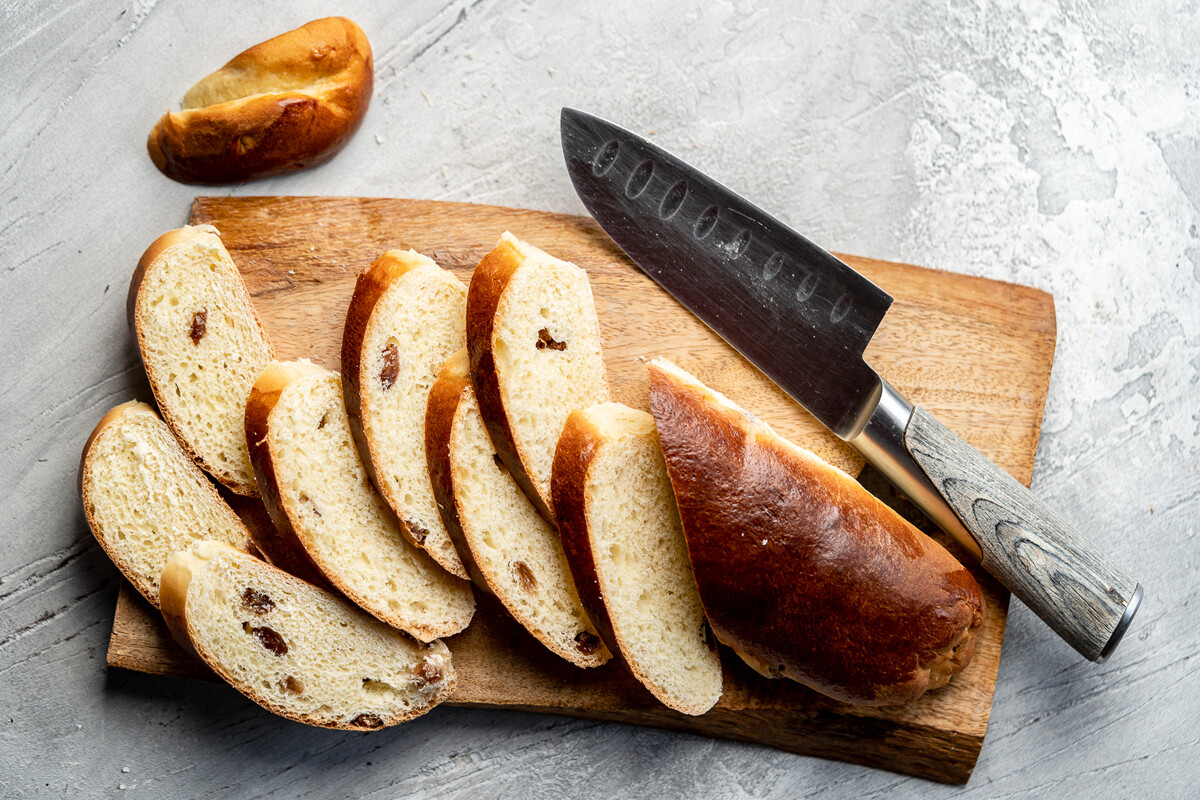
14. Arrange in a single layer on a tray or rack, and pat dry at 180℃ for 7 to 10 minutes. Make sure they don't burn. It’s a quick process. Keep an eye on them. If drying on a tray, flip over and let dry a few minutes more.
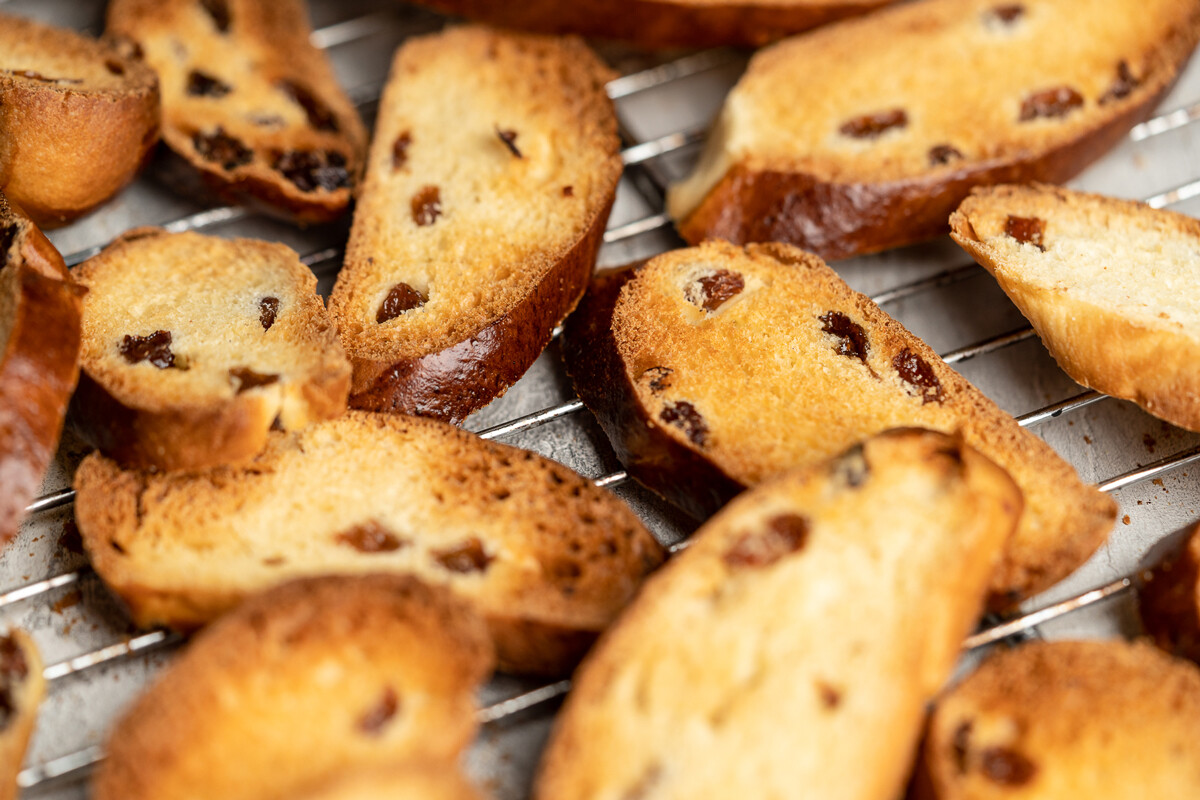
15. Serve with hot sweet tea.
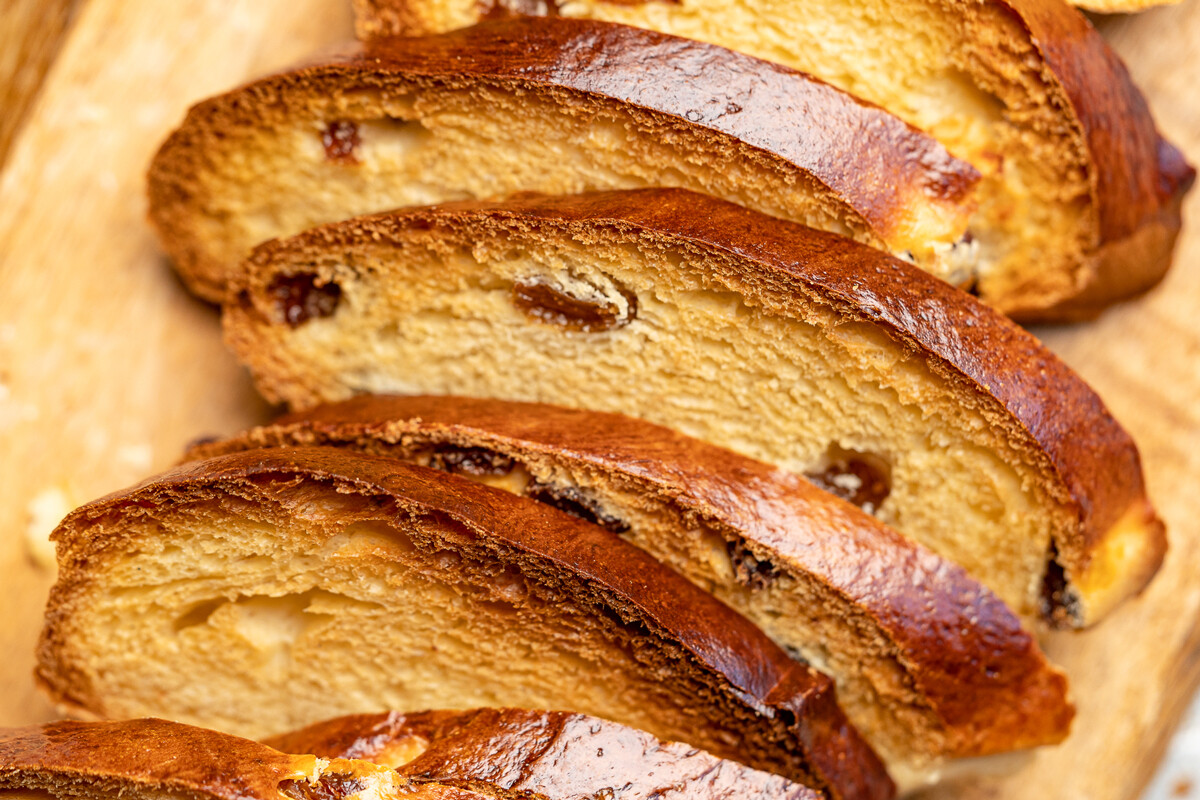
Dear readers,
Our website and social media accounts are under threat of being restricted or banned, due to the current circumstances. So, to keep up with our latest content, simply do the following:
Subscribe to our Telegram channels: Russia Beyond and The Russian Kitchen
Subscribe to our weekly email newsletter
Enable push notifications on our website
Install a VPN service on your computer and/or phone to have access to our website, even if it is blocked in your country
If using any of Russia Beyond's content, partly or in full, always provide an active hyperlink to the original material.
Subscribe
to our newsletter!
Get the week's best stories straight to your inbox